Medically reviewed by Dr Itender Pal Singh
Cholesterol is often a word, everyone must have heard in their life once or more times and never associated it with something good. High cholesterol levels are a significant risk factor for heart disease, which remains one of the leading causes of death worldwide. But did you know that not all cholesterol is bad? In fact, your body needs cholesterol to build cells and produce certain hormones. However, the type of cholesterol and its levels in your blood determine whether it’s beneficial or harmful. That’s where cholesterol reducing foods come into play. By incorporating cholesterol reducing foods in your diet, you can get good cholesterol.
Here, we’ll explore what cholesterol is, the different types of cholesterol, and why high levels can be dangerous in easy language. We’ll also discuss the symptoms of high cholesterol and most importantly, we’ll also discuss top 10 cholesterol reducing foods you can incorporate into your diet to help reduce cholesterol levels naturally.
What is Cholesterol?
Cholesterol is a waxy, fat-like substance found in every cell of your body. It’s essential for producing hormones, vitamin D, and substances that help digest food. While cholesterol is vital for your health, having too much of it in your blood can lead to health problems.
Your body produces all the cholesterol it needs, but you also get cholesterol from animal-based foods like meat, dairy products, and eggs. There are two main types of cholesterol that are important to understand: Low-Density Lipoprotein (LDL) and High-Density Lipoprotein (HDL).
The Different Types of Cholesterol
1. Low-Density Lipoprotein (LDL) – The “Bad” Cholesterol
LDL cholesterol is often referred to as “bad” cholesterol because it can lead to the buildup of plaque in your arteries, making them narrow and less flexible. This condition, known as atherosclerosis, can increase your risk of heart attack, stroke, and other cardiovascular diseases.
2. High-Density Lipoprotein (HDL) – The “Good” Cholesterol
HDL cholesterol is considered the “good” cholesterol because it helps remove LDL cholesterol from your bloodstream. HDL transports LDL cholesterol to the liver, where it can be processed and removed from the body. Higher levels of HDL cholesterol are associated with a lower risk of heart disease. Cholesterol lowering foods are mostly high in HDL’s.
3. Triglycerides
Triglycerides are another type of fat found in your blood. When you eat, your body converts any calories it doesn’t need right away into triglycerides, which are stored in your fat cells. High triglyceride levels can also contribute to the hardening of arteries, increasing the risk of heart disease.
Why High Cholesterol is Dangerous
Having high levels of LDL cholesterol in your blood can cause fatty deposits to develop in your blood vessels. Over time, these deposits grow, making it difficult for enough blood to flow through your arteries. Sometimes, these deposits can break suddenly and form a clot that causes a heart attack or stroke.
High cholesterol doesn’t cause noticeable symptoms, which is why it’s often called a “silent” condition. The only way to know your cholesterol levels is through a blood test. If your cholesterol levels are high, your doctor may recommend lifestyle changes like eating more of cholesterol reducing foods, medication, or both.
Symptoms of High Cholesterol in the Body
Although high cholesterol itself doesn’t present with obvious symptoms, its long-term effects can manifest in various ways. Here are some potential signs and conditions associated with high cholesterol:
1. Chest Pain or Angina
Chest pain, especially during physical exertion or stress, may indicate that your arteries have become narrowed due to the buildup of plaque, a condition known as atherosclerosis. This pain can be a warning sign of coronary artery disease.
2. Xanthomas
Xanthomas are fatty deposits that can form under the skin, usually around the eyes, joints, or on the back of the legs. They appear as yellowish bumps or plaques and can be a visible sign of high cholesterol levels.
3. Fatigue
Unexplained fatigue can be a symptom of high cholesterol. When plaque builds up in your arteries, it can reduce the flow of oxygen-rich blood to your muscles, making you feel tired more easily.
4. Shortness of Breath
If the arteries supplying your heart or lungs become narrowed or blocked, you might experience shortness of breath, particularly during physical activity. This can be a sign of cardiovascular complications stemming from high cholesterol.
5. Numbness or Coldness in Extremities
If plaque buildup occurs in the arteries that supply blood to your limbs, you might experience numbness, tingling, or a cold sensation in your hands or feet. This condition is known as peripheral artery disease (PAD).
6. High Blood Pressure
High cholesterol can contribute to high blood pressure by causing the arteries to narrow, forcing your heart to work harder to pump blood through them. Over time, this increased workload can lead to heart disease.
7. Stroke
A stroke occurs when the blood supply to part of your brain is interrupted or reduced, depriving brain tissue of oxygen and nutrients. High cholesterol levels can increase the risk of stroke by contributing to the formation of blood clots that block arteries leading to the brain.
8. Heart Attack
A heart attack happens when a blood clot forms in an artery that supplies blood to the heart, blocking the flow of oxygen-rich blood. High cholesterol increases the risk of such clots by contributing to plaque buildup in the arteries.
Top 10 Cholesterol Reducing Foods
The good news is that diet plays a crucial role in managing cholesterol levels. By making some changes to your diet and incorporating cholesterol reducing foods, you can help keep your heart healthy. Here are the top 10 cholesterol reducing foods you can incorporate in your diet:
1. Oats
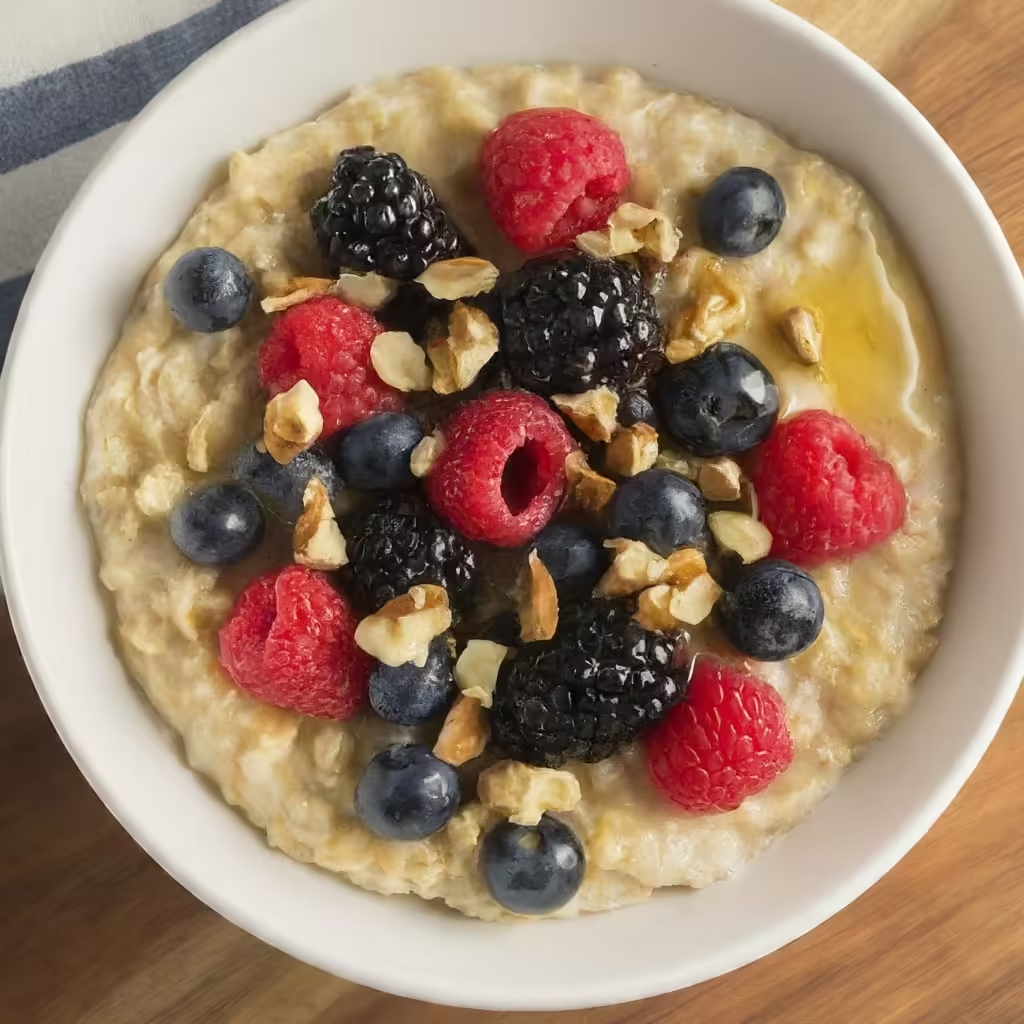
Starting your day with a bowl of oatmeal is one of the great way to lower your cholesterol. Oats contain soluble fiber, which reduces your LDL cholesterol by binding to it in your digestive tract and removing it from your body.
Soluble fiber is a type of fiber that dissolves in water to form a gel-like substance. This gel helps reduce the absorption of cholesterol into your bloodstream. Studies have shown that consuming just 5 to 10 grams of soluble fiber per day can lower your LDL cholesterol by about 5%. Its one of the best cholesterol reducing foods.
2. Barley and Other Whole Grains
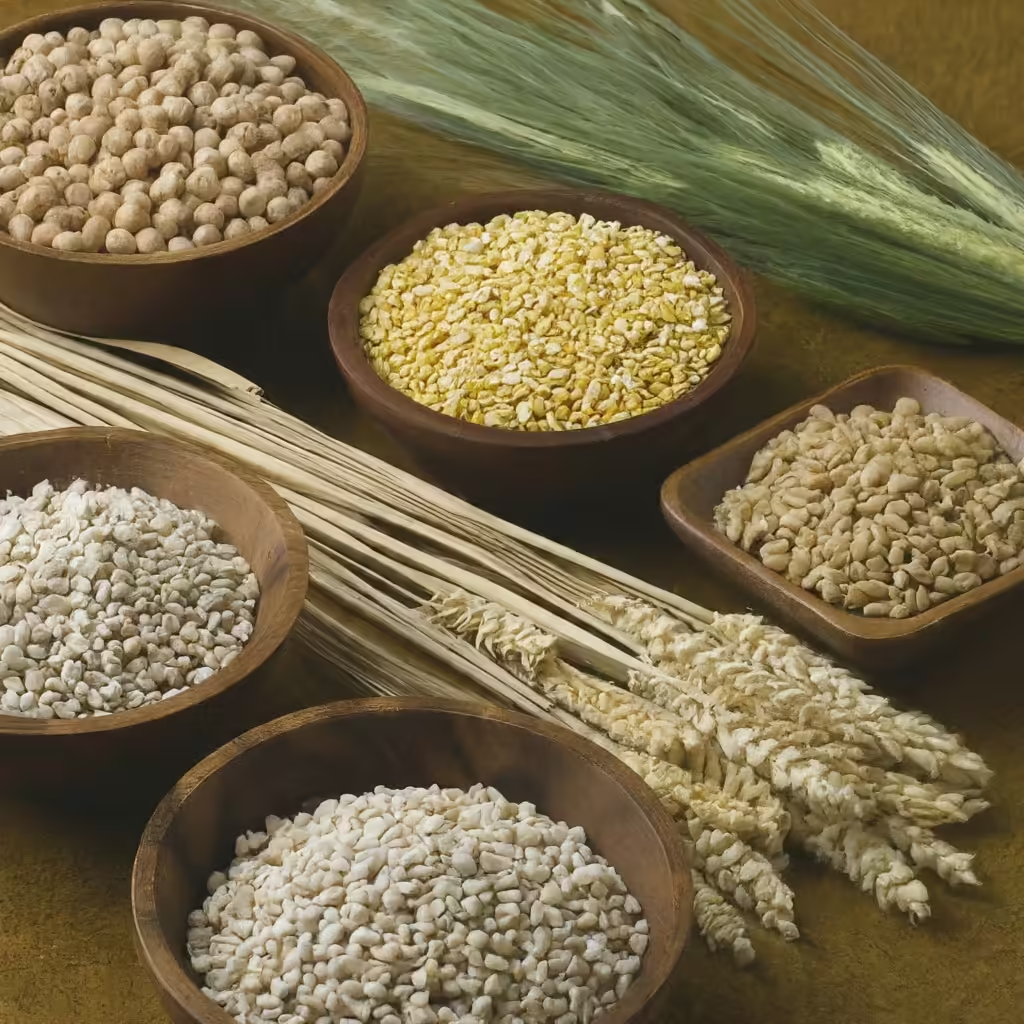
Like oats, barley and other whole grains can help lower the risk of heart disease, primarily through the soluble fiber they deliver. Adding whole grains to your diet, such as brown rice, whole-wheat pasta, and quinoa, can improve your cholesterol profile.
Whole grains are unprocessed grains that contain all parts of the grain, including the bran, germ, and endosperm. These components are rich in nutrients and fiber that help regulate cholesterol levels and support heart health. Its one of the best cholesterol reducing foods.
3. Nuts
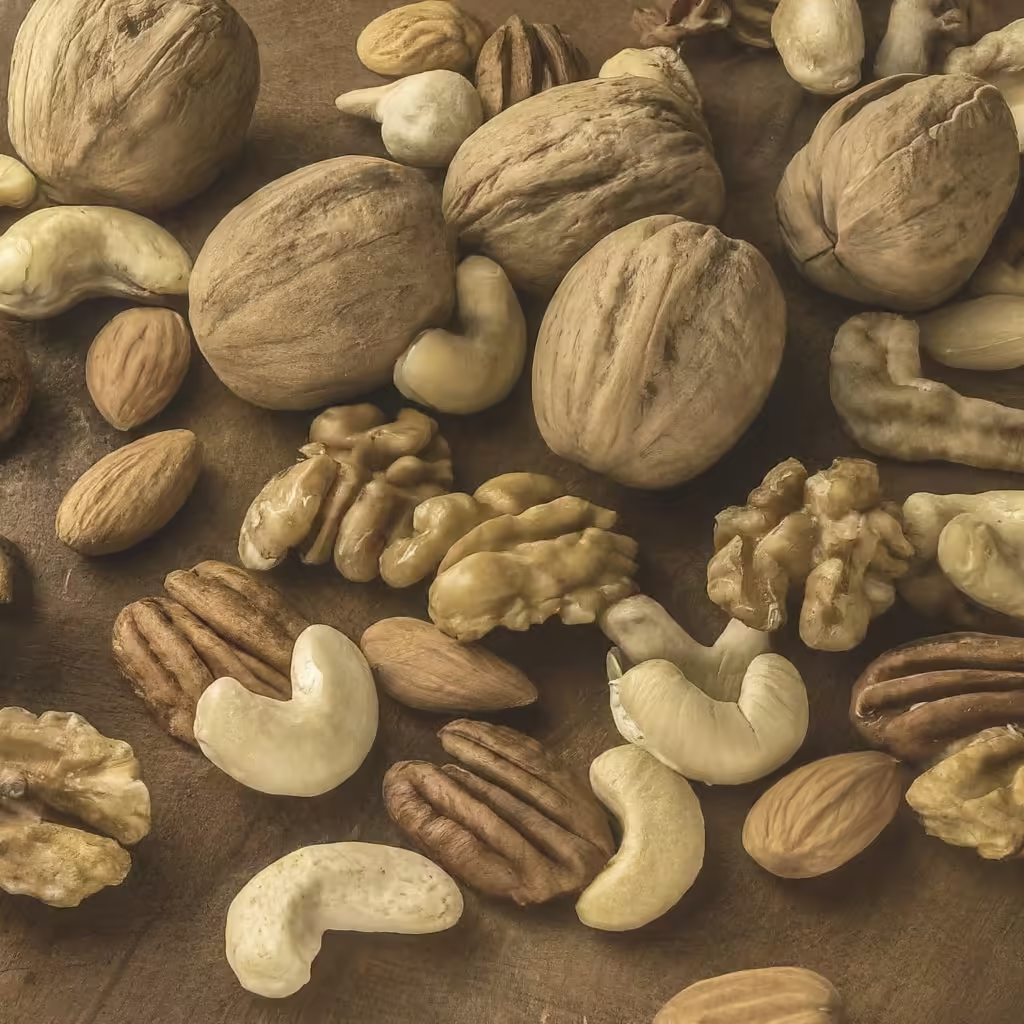
Almonds, walnuts, and other nuts are rich in monounsaturated fats, which can lower LDL cholesterol and raise HDL cholesterol. Nuts also provide fiber, plant sterols, and polyunsaturated fats, all of which are good for heart health. Just be mindful of portion sizes, as nuts are calorie-dense.
Studies have found that consuming a handful of nuts (about 30 grams) each day can lower LDL cholesterol by about 5%. Nuts are also rich in antioxidants, which help protect your cells from damage caused by free radicals. Its one of the best cholesterol reducing foods.
4. Fatty Fish
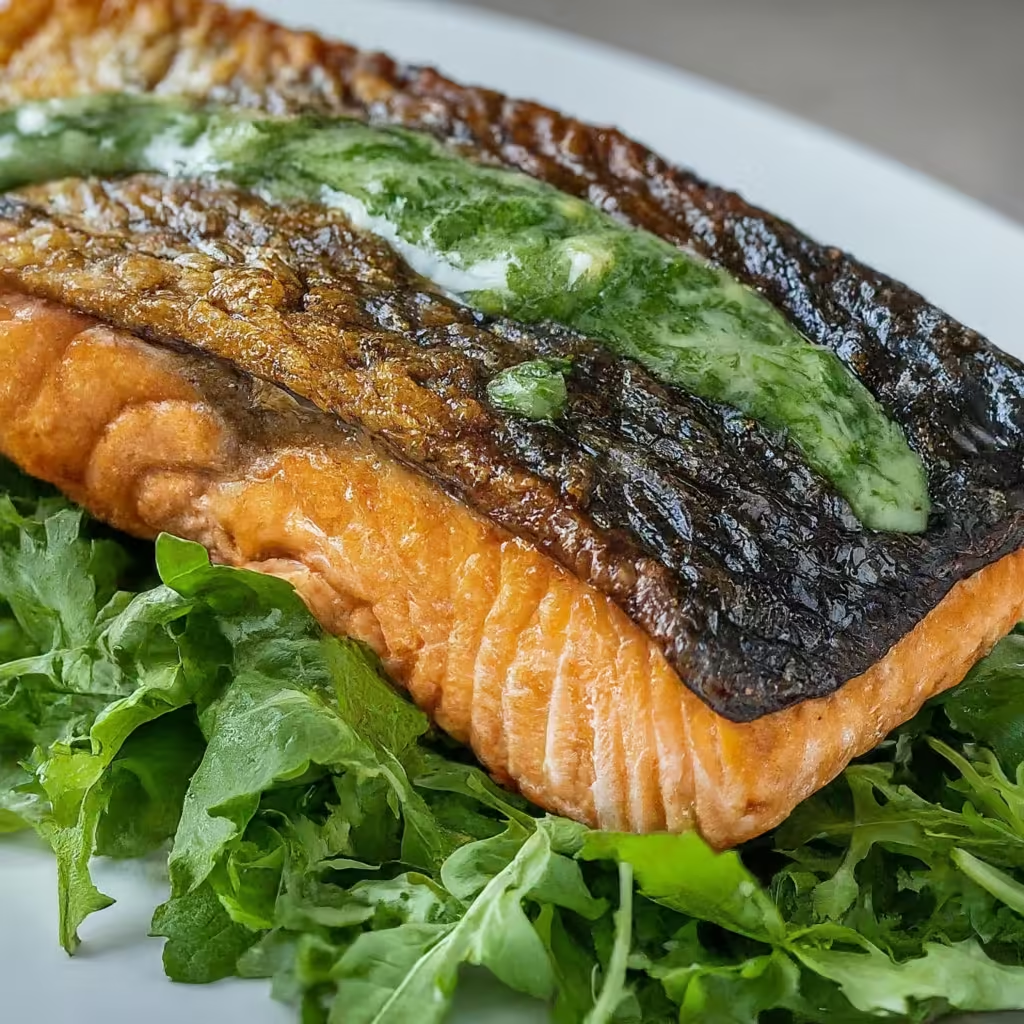
Fatty fish like salmon, mackerel, and sardines are excellent sources of omega-3 fatty acids, which have been shown to reduce triglycerides and increase HDL cholesterol. Aim to eat at least two servings of fatty fish per week to benefit from their heart-protective effects.
Omega-3 fatty acids are a type of polyunsaturated fat that is essential for heart health. They help reduce inflammation, lower triglyceride levels, and decrease the risk of arrhythmias (abnormal heart rhythms). Its one of the best cholesterol reducing foods.
5. Olive Oil
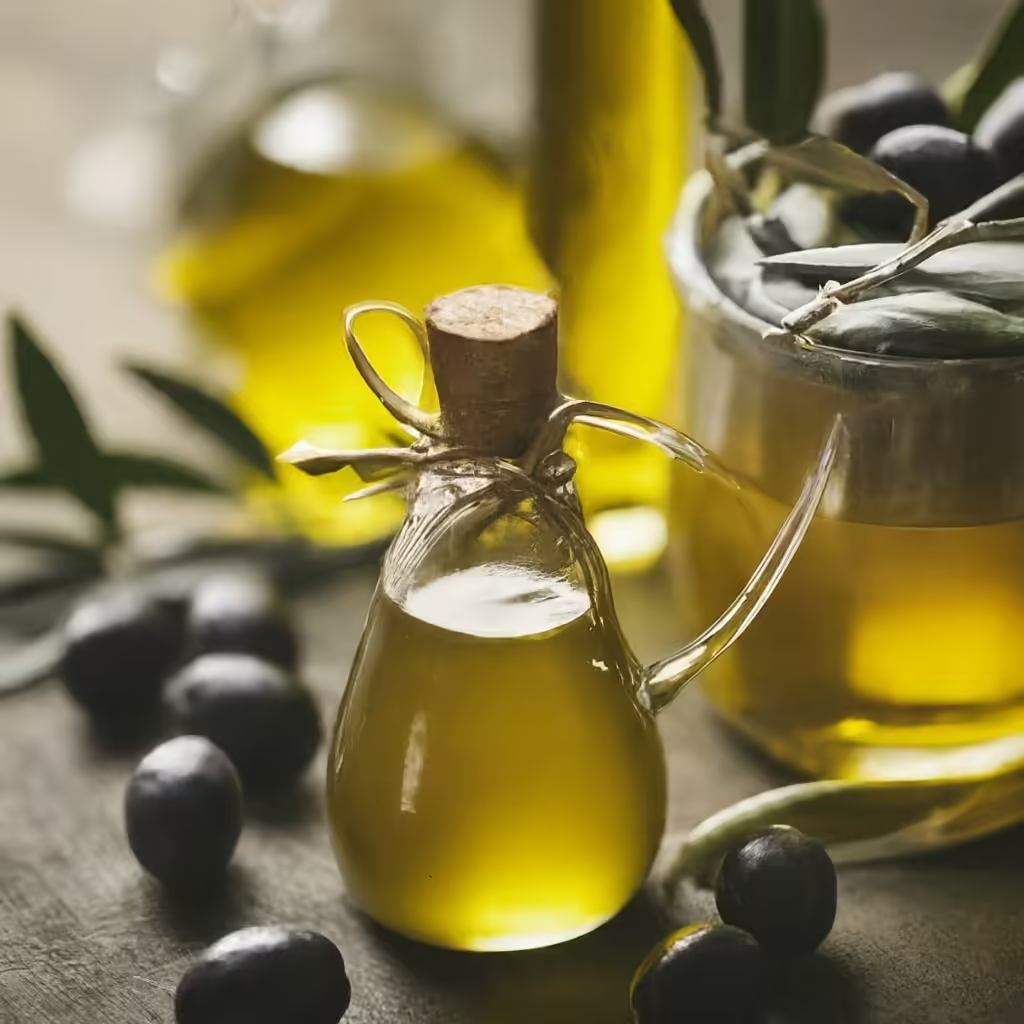
Olive oil is a staple of the Mediterranean diet, known for its heart health benefits. It’s rich in monounsaturated fats that help lower LDL cholesterol without affecting HDL cholesterol. Use extra virgin olive oil in salads, cooking, or as a dip for bread.
Extra virgin olive oil is made from pure, cold-pressed olives, making it rich in antioxidants and anti-inflammatory compounds. Replacing saturated fats (found in butter, lard, and other animal products) with olive oil can have a positive impact on your cholesterol levels. Its one of the best cholesterol reducing foods.
6. Legumes
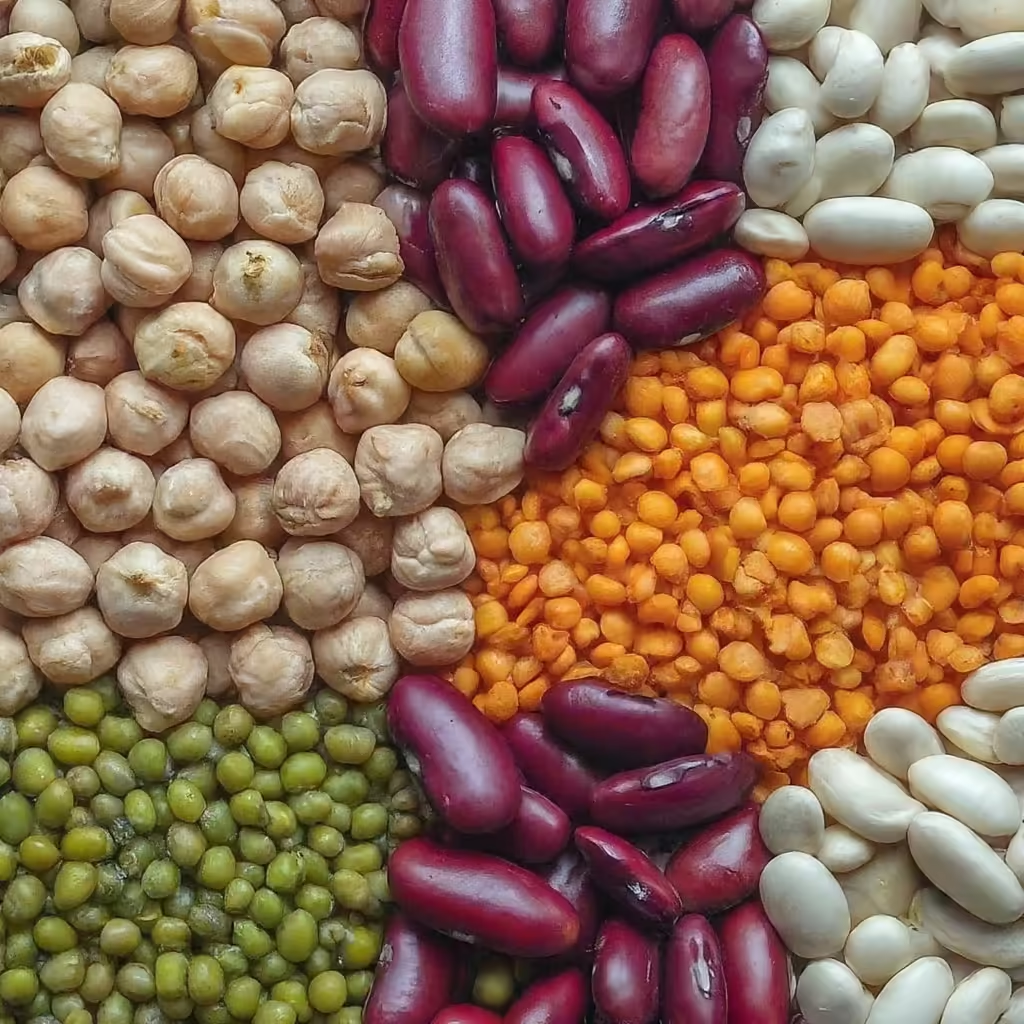
Beans, lentils, and peas are high in soluble fiber and plant-based protein, making them excellent choices for reducing cholesterol. Legumes can help lower LDL cholesterol levels and are a great meat alternative, which typically contains saturated fats.
In addition to being cholesterol-free, legumes are also rich in essential nutrients like folate, potassium, and magnesium. These nutrients help support overall heart health and reduce the risk of cardiovascular disease. Its one of the best cholesterol reducing foods.
7. Avocados
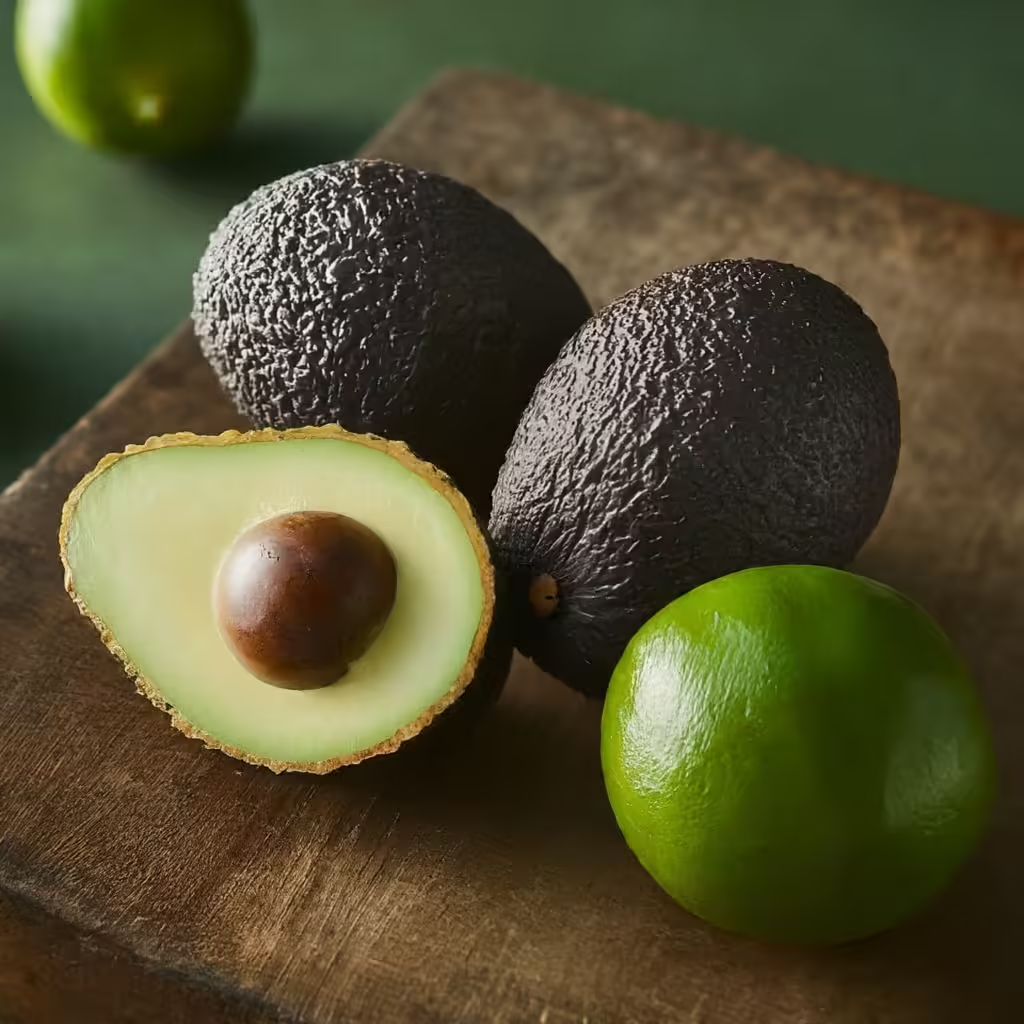
Avocados are a rich source of monounsaturated fats and fiber, both of which are beneficial for cholesterol levels. Studies have shown that eating one avocado a day can reduce LDL cholesterol levels, particularly in people who are overweight or obese.
In addition to their cholesterol-lowering properties, avocados are packed with vitamins, minerals, and antioxidants that support overall health. They can be easily incorporated into a variety of dishes, from salads to smoothies. Its one of the best cholesterol reducing foods.
8. Fruits Rich in Pectin
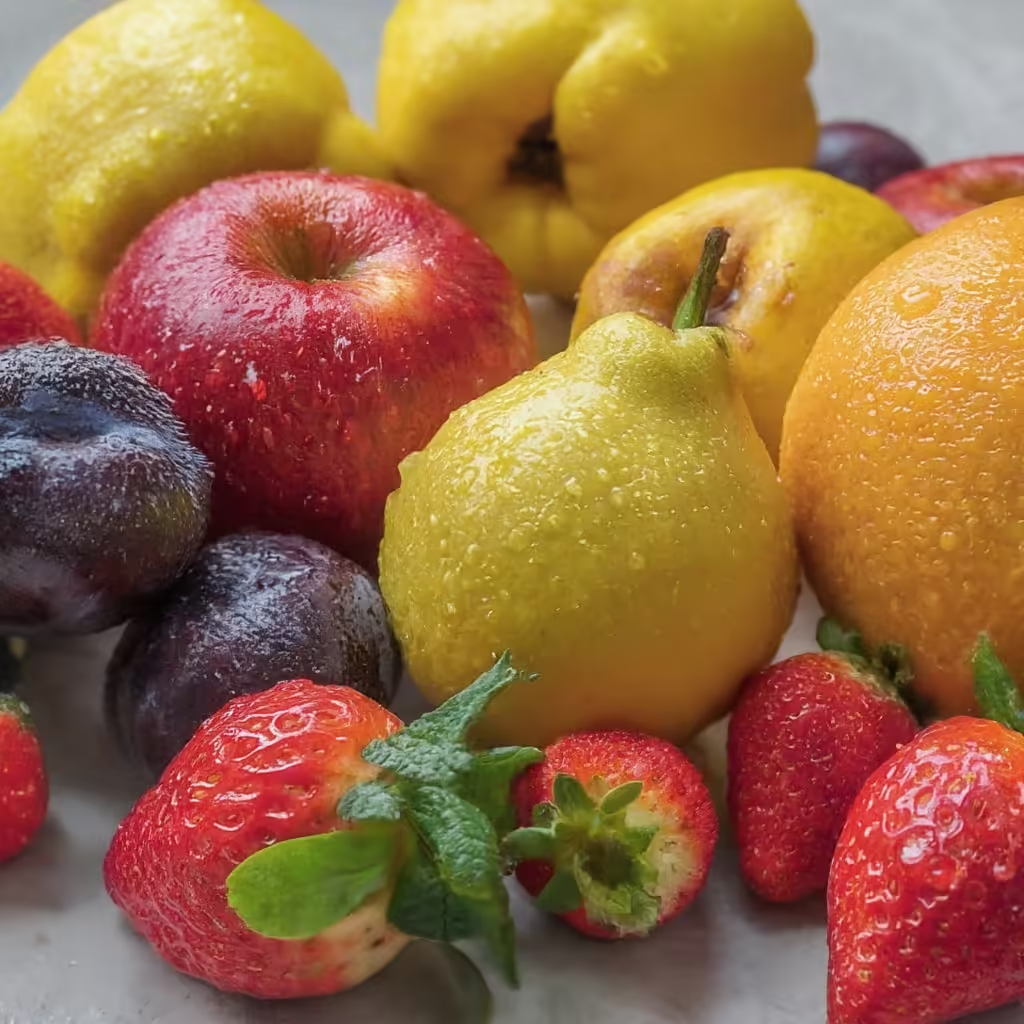
Pectin, a type of soluble fiber, is found in fruits such as apples, grapes, citrus fruits, and strawberries. Pectin helps lower LDL cholesterol by blocking its absorption into your bloodstream. Incorporate these fruits into your daily diet for a heart-healthy boost.
Fruits that are high in pectin also provide vitamins, minerals, and antioxidants that support overall health. They are low in calories and high in water content, making them an excellent choice for weight management and reducing the risk of chronic diseases. Its one of the best cholesterol reducing foods.
9. Soy Foods
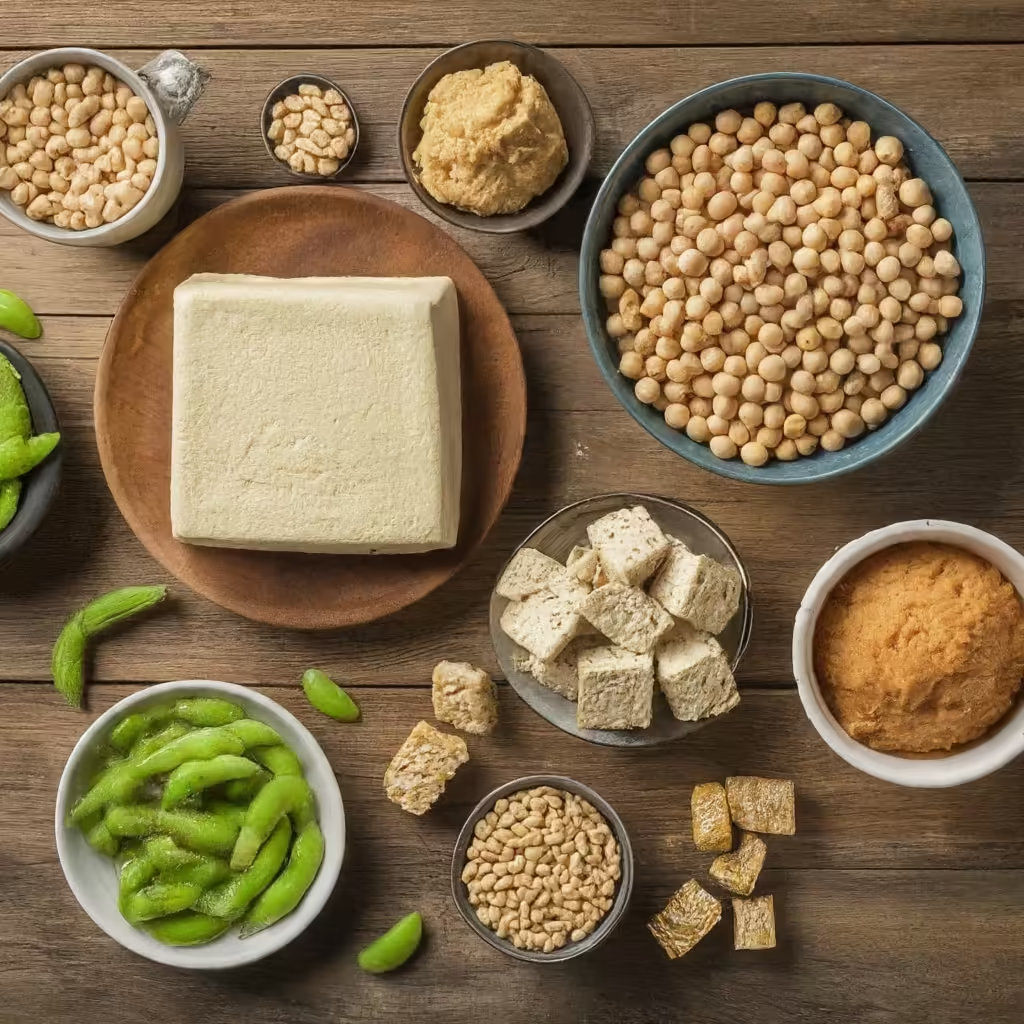
Soy products like tofu, soy milk, and edamame contain plant-based protein that can help lower cholesterol levels. Soy protein can reduce LDL cholesterol by a modest amount, making it a heart-healthy alternative to animal-based proteins.
In addition to being cholesterol-free, soy foods are rich in isoflavones, which are plant compounds that have been shown to have beneficial effects on heart health. Incorporating soy into your diet can help reduce the risk of heart disease and improve overall health. Its one of the best cholesterol reducing foods.
10. Dark Chocolate and Cocoa
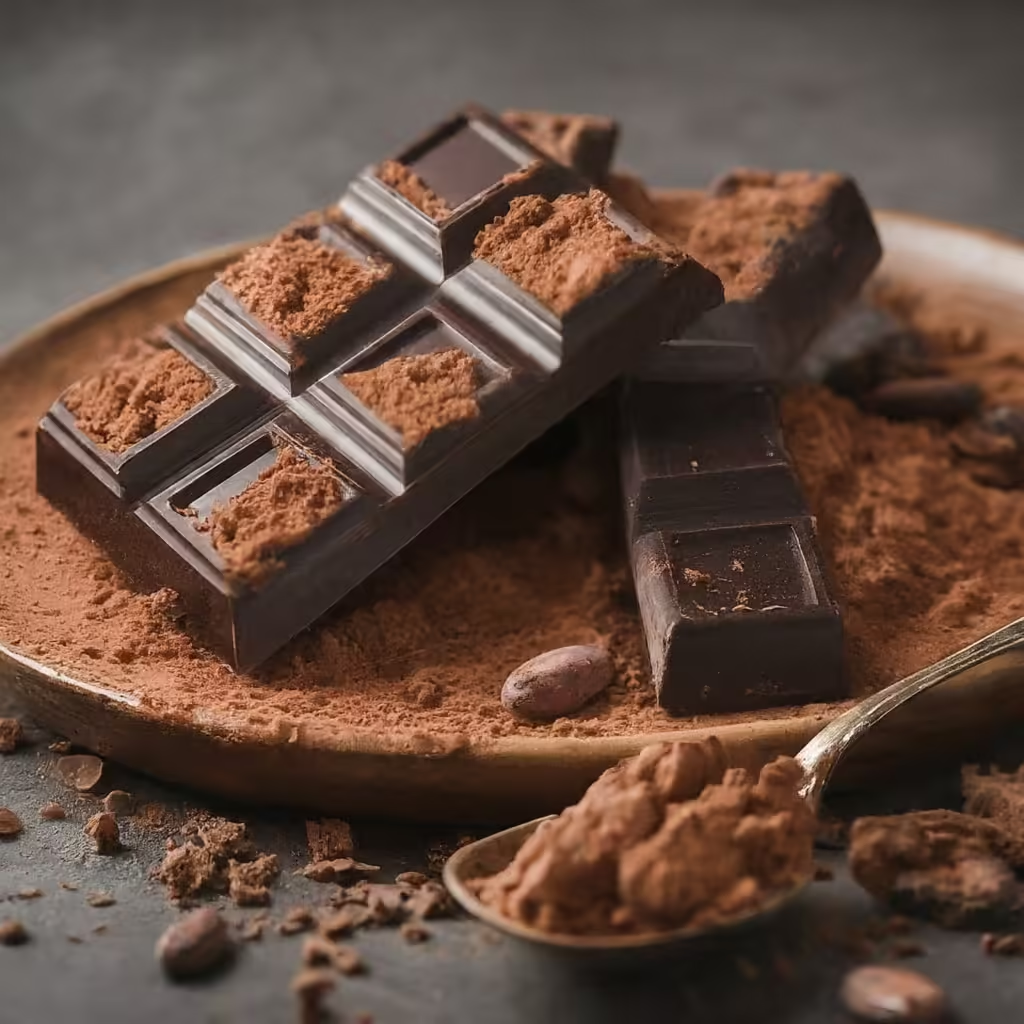
Good news for chocolate lovers! Dark chocolate and cocoa can help lower LDL cholesterol and raise HDL cholesterol. These both are great cholesterol reducing foods. Look for dark chocolate with at least 70% cocoa content to get the most benefit. Just remember to consume it in moderation.
Dark chocolate is rich in flavonoids, a type of antioxidant that helps improve blood flow, reduce inflammation, and lower blood pressure. These effects can help protect against heart disease and improve overall cardiovascular health. Its one of the best cholesterol reducing foods.
Managing cholesterol levels is crucial for maintaining a healthy heart and reducing the risk of cardiovascular disease. By incorporating the cholesterol reducing foods listed above into your diet, you can naturally lower your cholesterol levels and improve your overall health. Remember, it’s not just about what you eat, but also about maintaining a balanced diet, exercising regularly, and avoiding unhealthy habits like smoking and excessive alcohol consumption.
Monitoring your cholesterol levels through regular check-ups is essential, especially if you have a family history of heart disease or other risk factors. With the right lifestyle choices and a heart-healthy diet and adding cholesterol reducing foods, you can take control of your cholesterol levels and enjoy a healthier, longer life.
To know more about food containing calcium, click here

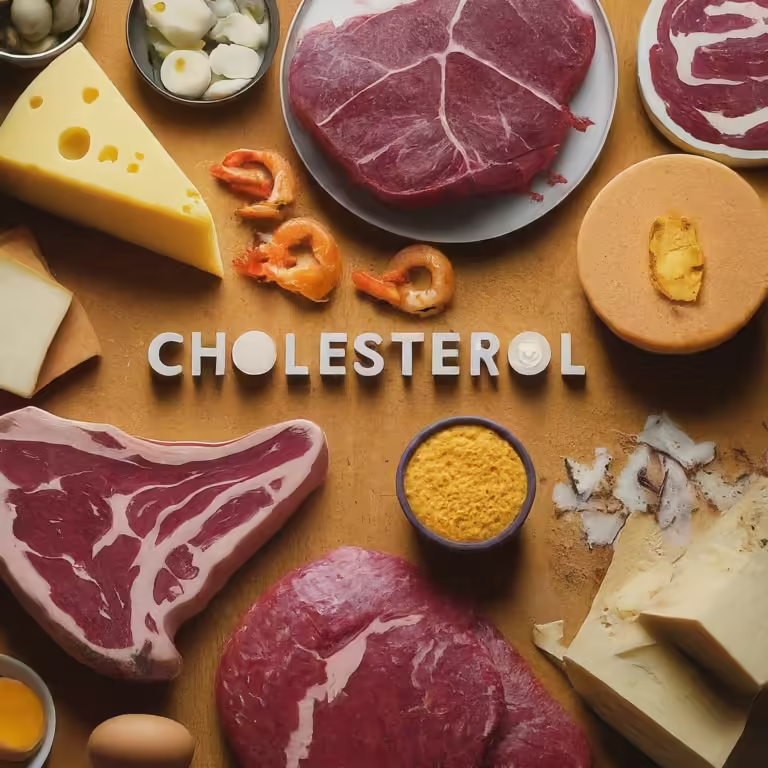

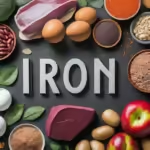
Pingback: Common Signs of Iron Deficiency in the Body: What to Look For - Healing Doctor
Pingback: Is Your Daily Caffeine Fix Putting Your Heart at Risk? New Study Reveals the Dangers of Excessive Intake - Healing Doctor
Pingback: The Power of Exercise for You - Heart Health, Boost Metabolism And Weight Loss - Healing Doctor
Pingback: Yoga Benefits: The Surprising Health Benefits You Didn’t Know About - Healing Doctor